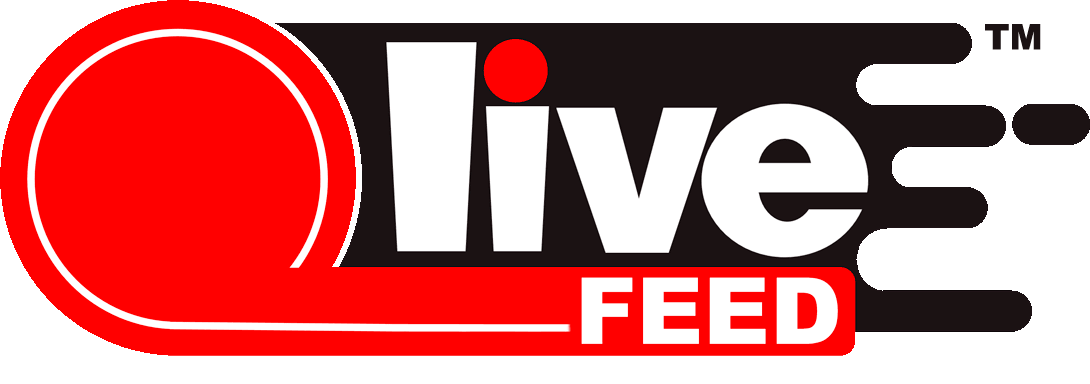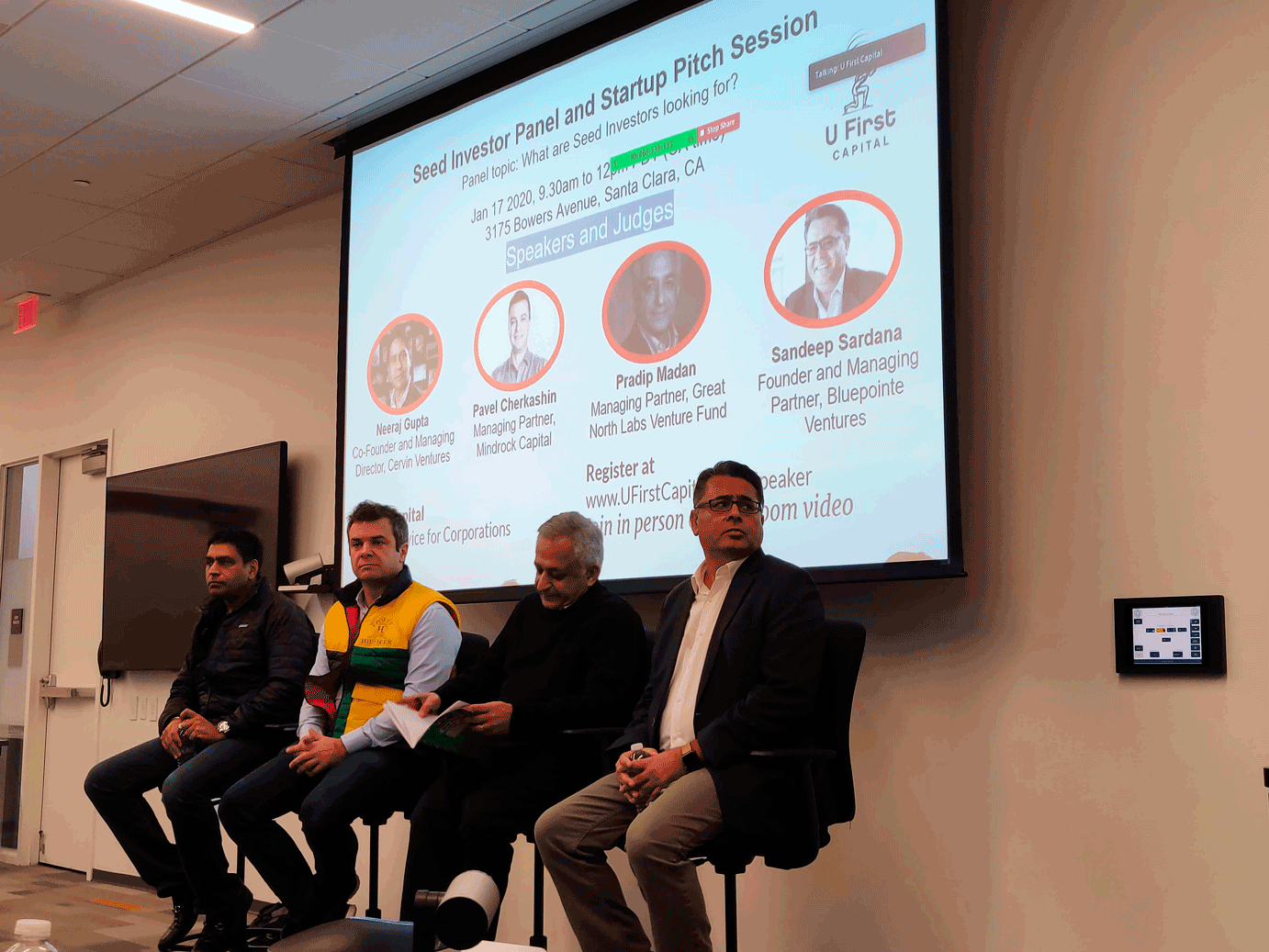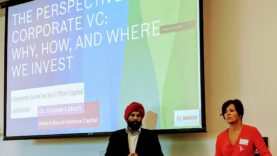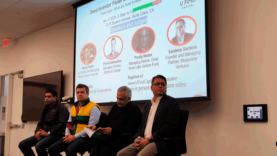Seed Investor Panel: What do startups need to succeed?
What do startups need to succeed? Which single question do most of them fail to answer? How to get in touch with a VC, if you’re building an innovative product? Watch our video interview with Sanjit Dang, Chairman and Co-Founder of U First Capital.
“U First Capital started when we saw a gap in the market. We saw there’s an opportunity to build a differentiated eco-system, leveraging corporations and VCs,” Dang says. “We feel that corporations want to tap into the expanding innovation but they’re not structured to do that, and we’ve seen a lot of venture capital arms getting kicked off and then going south over the years.”
According to Dang, the second gap in the market is the lack of startup access to VCs.
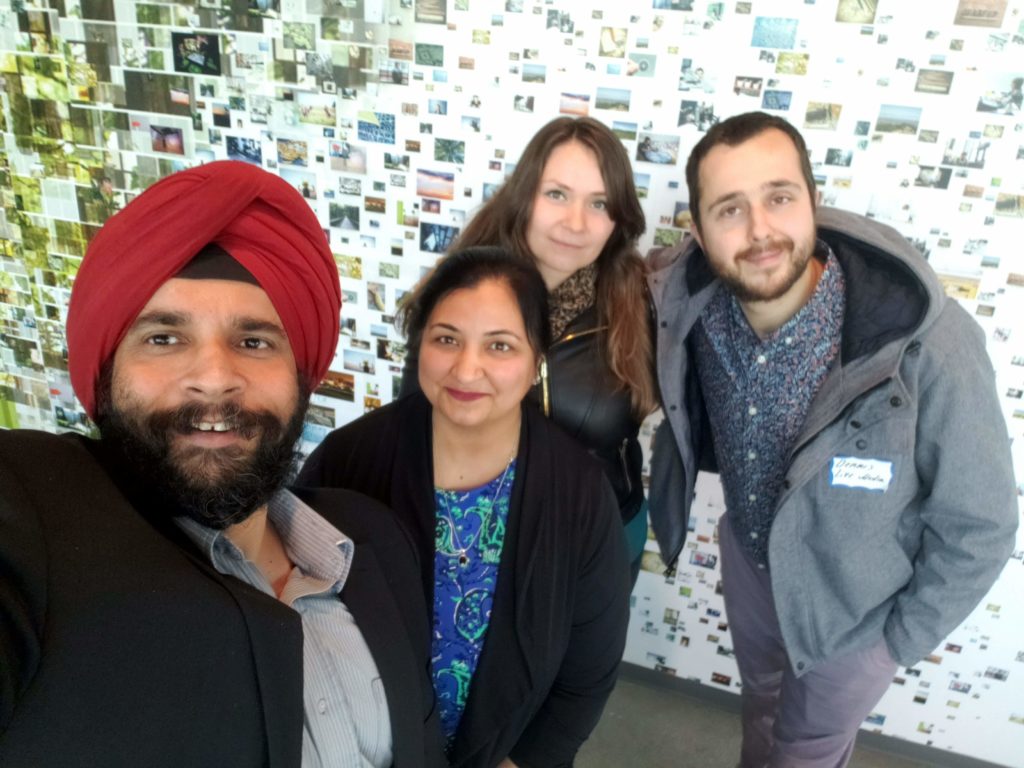
Photo by Sanjit Dang
“VCs have a tremendous knowledge set in their minds because they see a lot of startups and they get very good at pattern recognition, etcetera. And startups want access to VCs, but VCs don’t have time or bandwidth to meet so many startups. So we thought there’s a way to democratize access and bring so many startups together to ask VCs questions and really get into the mind of VCs – what they like, what they don’t like, etc. This is the model that’s started, and I think over time the eco-system we built, bringing together so many VCs and startups, has really grown quite nicely.”
However, despite many efforts, statistics is relentless: 9 out of 10 startups will fail. After seeing so many startups going through their doors, Sanjit Dang says that most of them just fail to answer one crucial question: Why now?
“A lot of startups have a great team, great product, they go after big markets, but that’s not enough. It’s necessary, but not essential. You have to have the right timing. It’s like coming up with the solution for mobile phone apps pre-iPhone days. Great idea, but Blackberry was not very good at it. So you have to have the right timing, and startups have a very short shelf life – typically 1 year, maybe 2 years before they run out of funding, so they have to show traction within this timeframe. And if they’re not able to show traction within this timing, then there’s no product-market fit today. There might be a product-market fit 5 years from now, but not today. They’re either very early or too late for the market. That’s really what differentiates a startup being successful versus not.”
According to Dang, key advice to startups is always to stay humble, the founders should be able to help their employees, investors, customers, and have empathy towards them.
“If you really care about your employees, investors, customers – the startup will grow.”
Want more tips for startup success? Check out our interview with Tim Draper.

